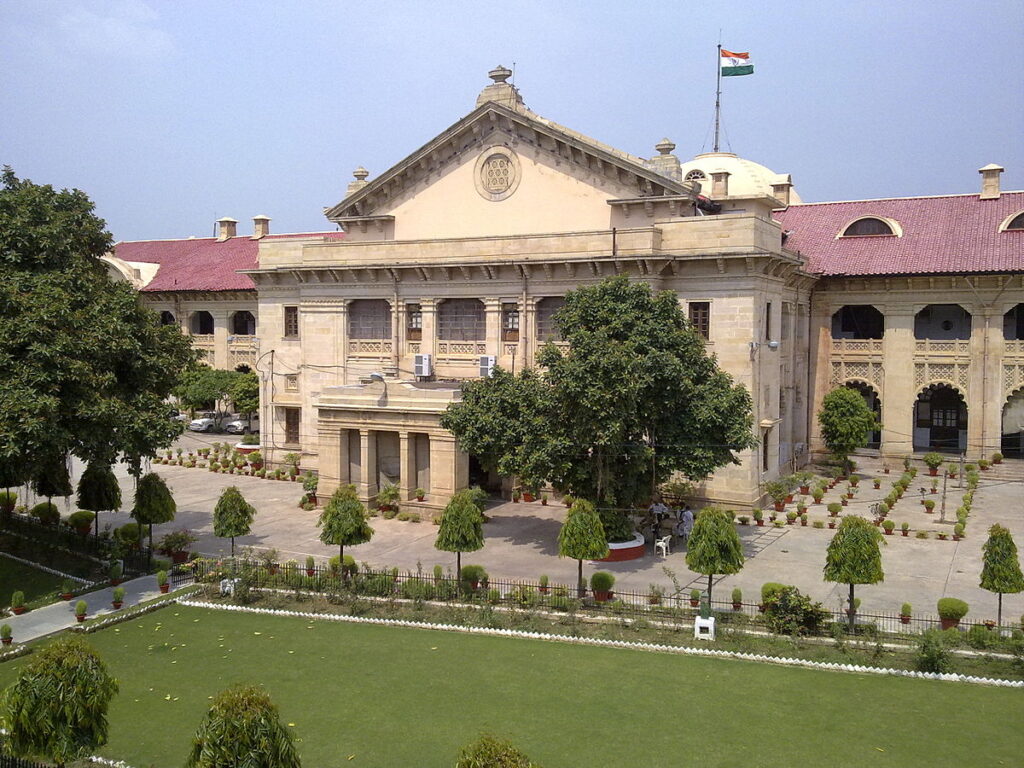The Allahabad High Court ruled that a spouse’s suffering from schizophrenia is not enough reason to grant a divorce under the Hindu Marriage Act.

The Allahabad High Court ruled that a spouse’s schizophrenia alone is not enough to grant a divorce under Section 13(1)(iii) of the Hindu Marriage Act, 1955 (HMA). The Lucknow Bench reviewed an appeal from the husband under Section 19(1) of the Family Courts Act, 1984, along with Section 28 of HMA, after the Family Court dismissed his divorce request. Justices Rajan Roy and Om Prakash Shukla noted that simply having a spouse with schizophrenia does not automatically justify a divorce. They stated that to prove a case for divorce based on mental illness, it must be shown that the spouse has a serious form of schizophrenia, supported by medical evidence, and that the condition is severe enough to make it unreasonable for the husband to live with the wife. The court clarified that Section 13(1)(iii) of HMA does not allow for divorce based solely on the presence of any mental disorder.
The husband and wife married in 2003, but in 2011, the husband filed for divorce, claiming that his wife’s mental health was poor after she returned to their home three times. He stated that he learned of her schizophrenia only after their marriage, as her father had not disclosed this information beforehand. He argued that schizophrenia is hereditary, suggesting that any children they might have would also be affected, and claimed that her condition had rendered her infertile, threatening his family lineage.
He argued that he consistently tried to get treatment for his wife, but the doctors informed him that her illness was incurable. He also mentioned that due to her mental condition, his wife behaved unusually; she would leave the house without telling anyone, forget to wear clothes, and go out alone at night while the family was asleep. The husband stated that his wife had been under the care of a psychiatrist in Allahabad for a long time, but there had been no improvement and no hope for improvement. After the Family Court rejected his case, he appealed to the High Court. The High Court observed that the facts indicated the wife had willfully deserted her husband without valid reasons, which justified granting a divorce to the husband. The Family Court failed to consider this aspect of the case.
The Court noted that Section 13(1)(iii) of the Hindu Marriage Act does not allow for the mere presence of a mental disorder to automatically justify ending a marriage. It stated that when considering mental unsoundness as a reason for divorce, the severity of the disorder must be assessed. The condition must be such that the spouse seeking divorce cannot reasonably live with the other. Not all mental issues qualify as grounds for divorce. The law is also concerned about not reducing a person to a mere functional entity within a family or society, which is reflected in the requirements of Section 13(1)(iii) of the Hindu Marriage Act.
The Court noted that schizophrenia can vary in severity, meaning not all individuals with the condition experience it in the same way. It stated that the spouse claiming this mental disorder must prove its significant impact. The Court reviewed all evidence and agreed with the Family Court’s findings, which seemed reasonable. While the husband showed that his wife has schizophrenia, he did not demonstrate that her condition was severe enough to justify ending the marriage under Section 13 (1) (iii) of the H.M. Act.
Regarding the husband’s lawyer’s argument that the Trial Court did not consider the wife’s mental condition as a reason for divorce, the Court clarified that the case was filed under Section 13 of the HMA, not Section 12, where such a claim could be made. The Court also noted that the wife did not contest the Appeal, indicating her lack of interest in the marriage and suggesting she had abandoned it. This was enough to establish desertion. Therefore, the High Court granted the Appeal, overturned the Family Court’s decision, and ended the marriage.
Cause Title: ABC v. XYZ (Neutral Citation: 2024:AHC-LKO:71619-DB)
Appearance:
Appellant: Advocates Bhavini Upadhyay, Pankaj Kumar Tripathi, and Sandhya Dubey.








